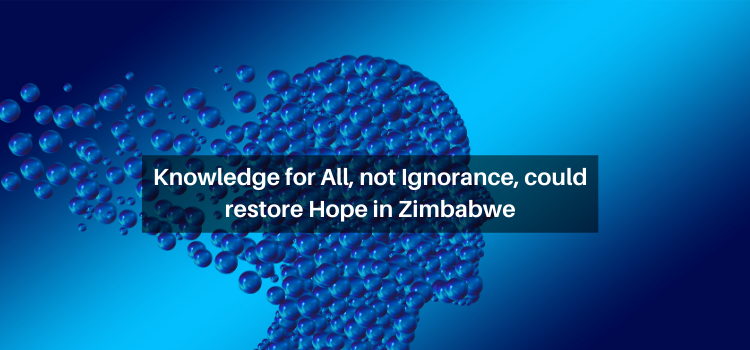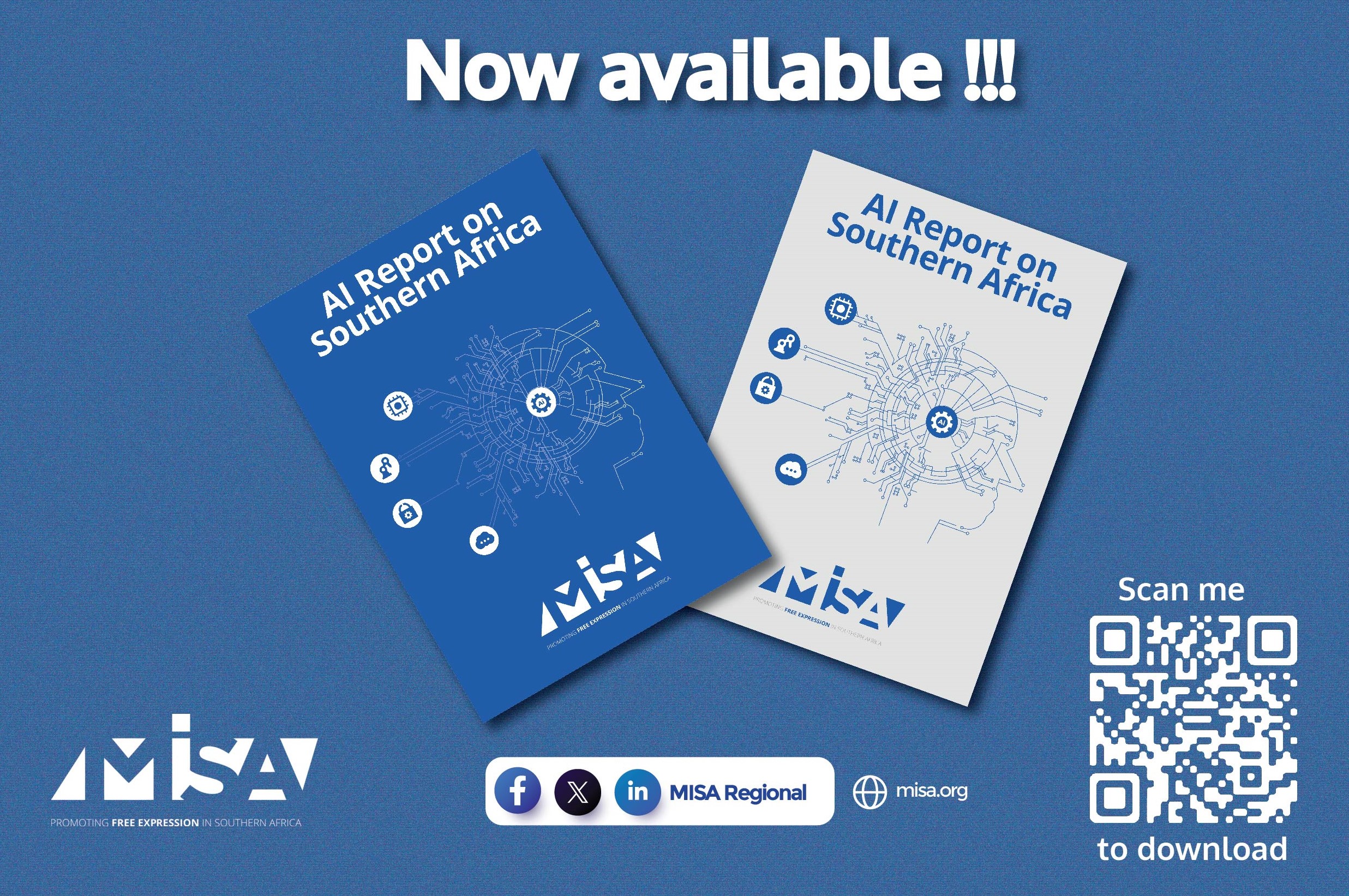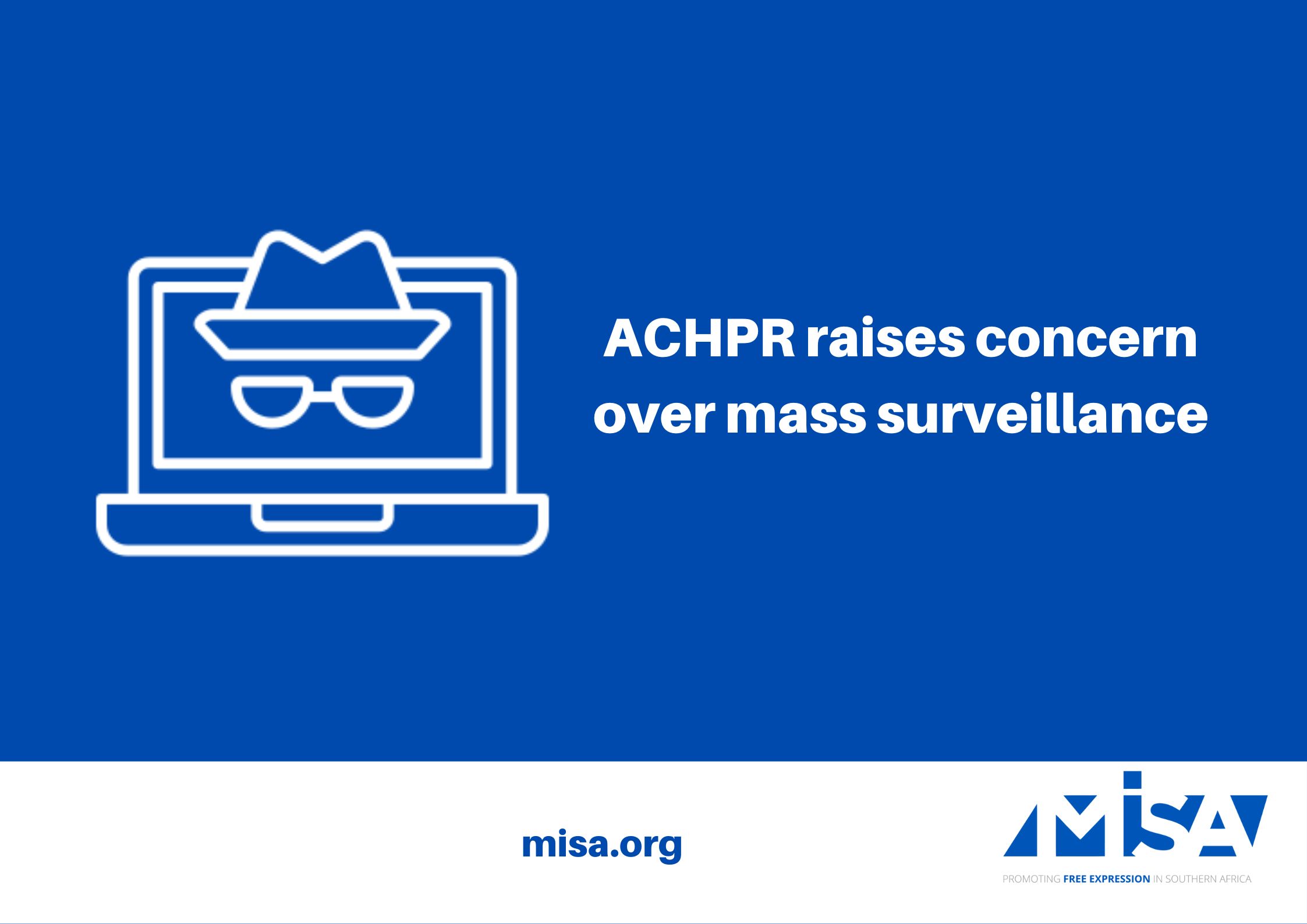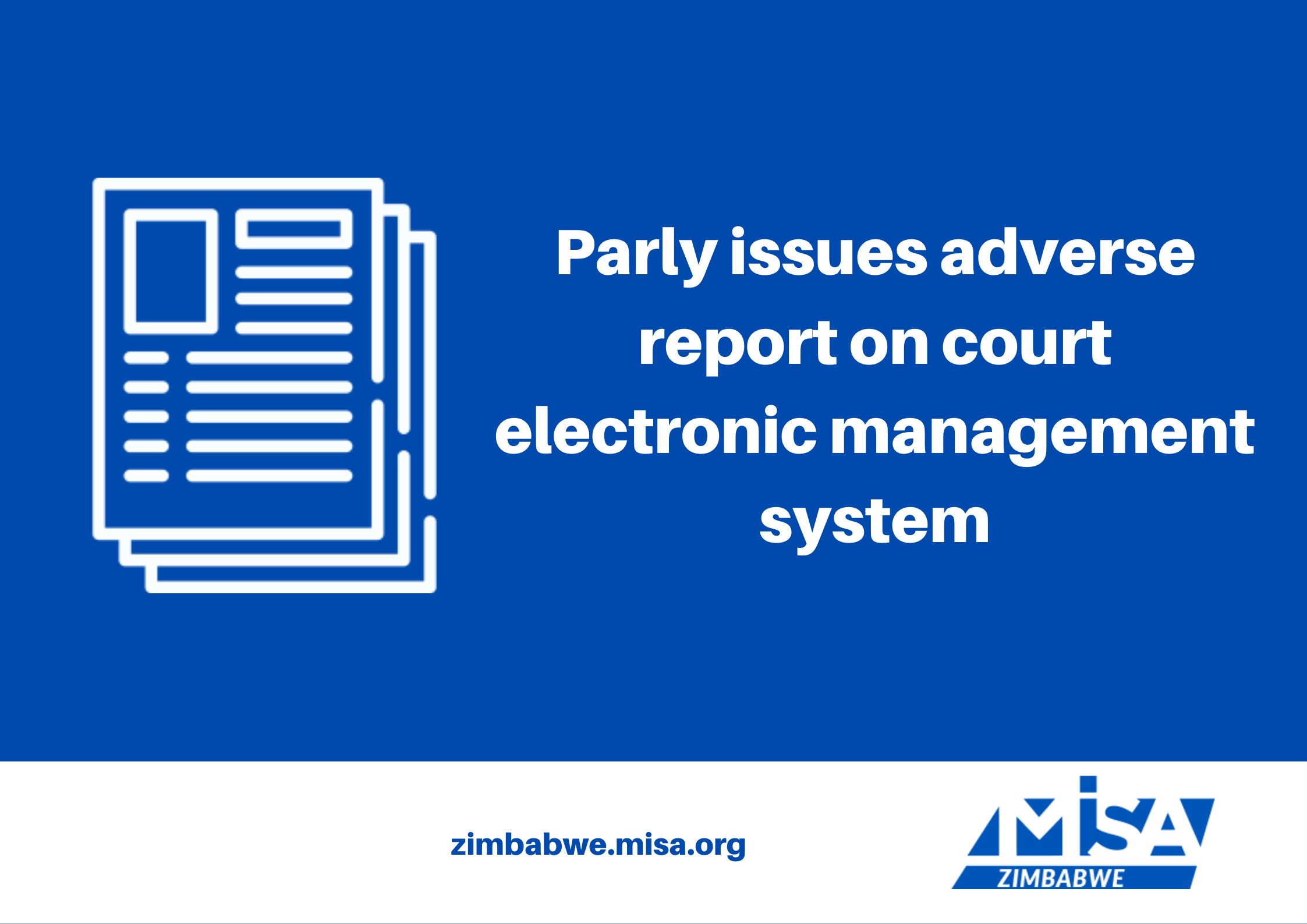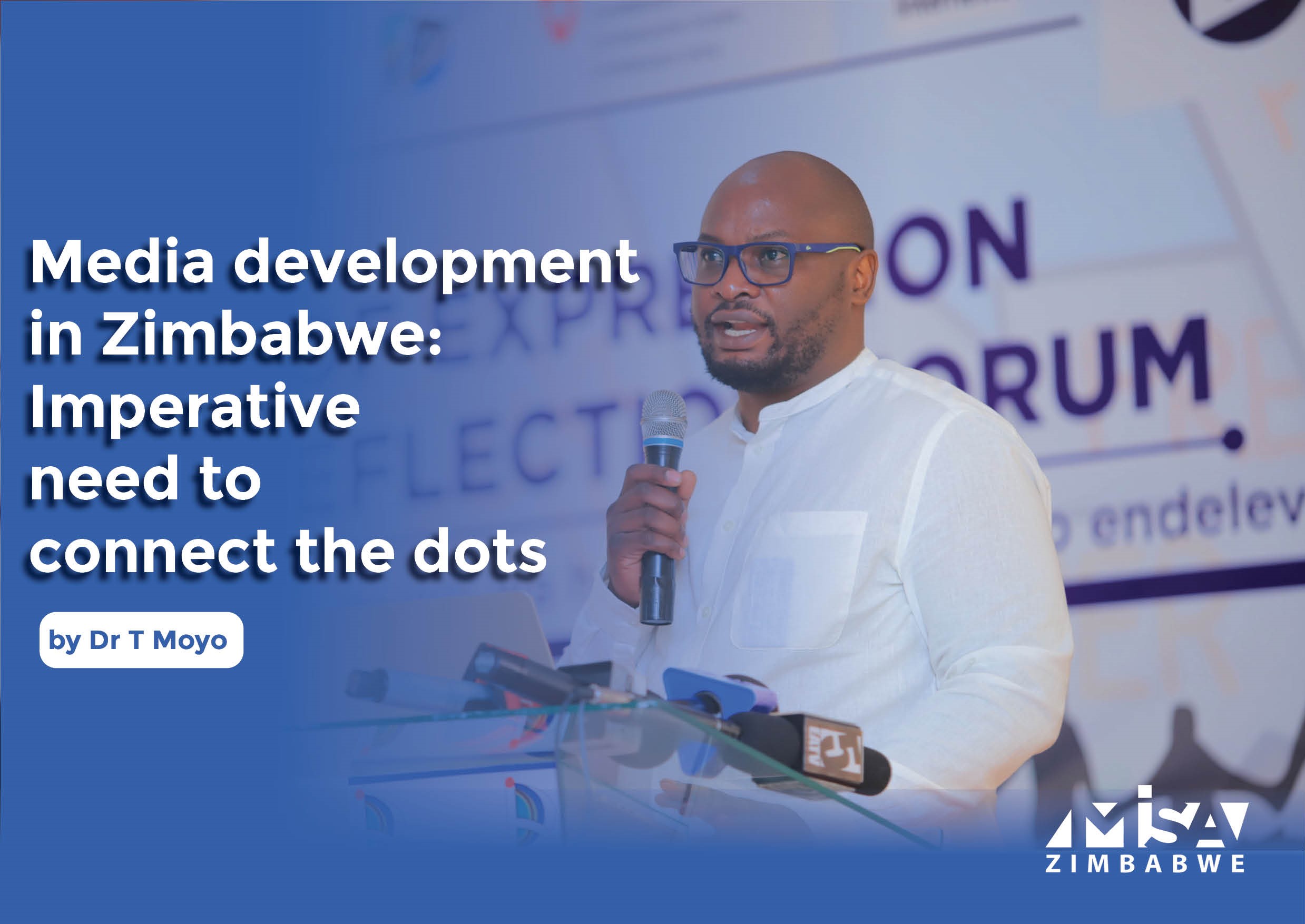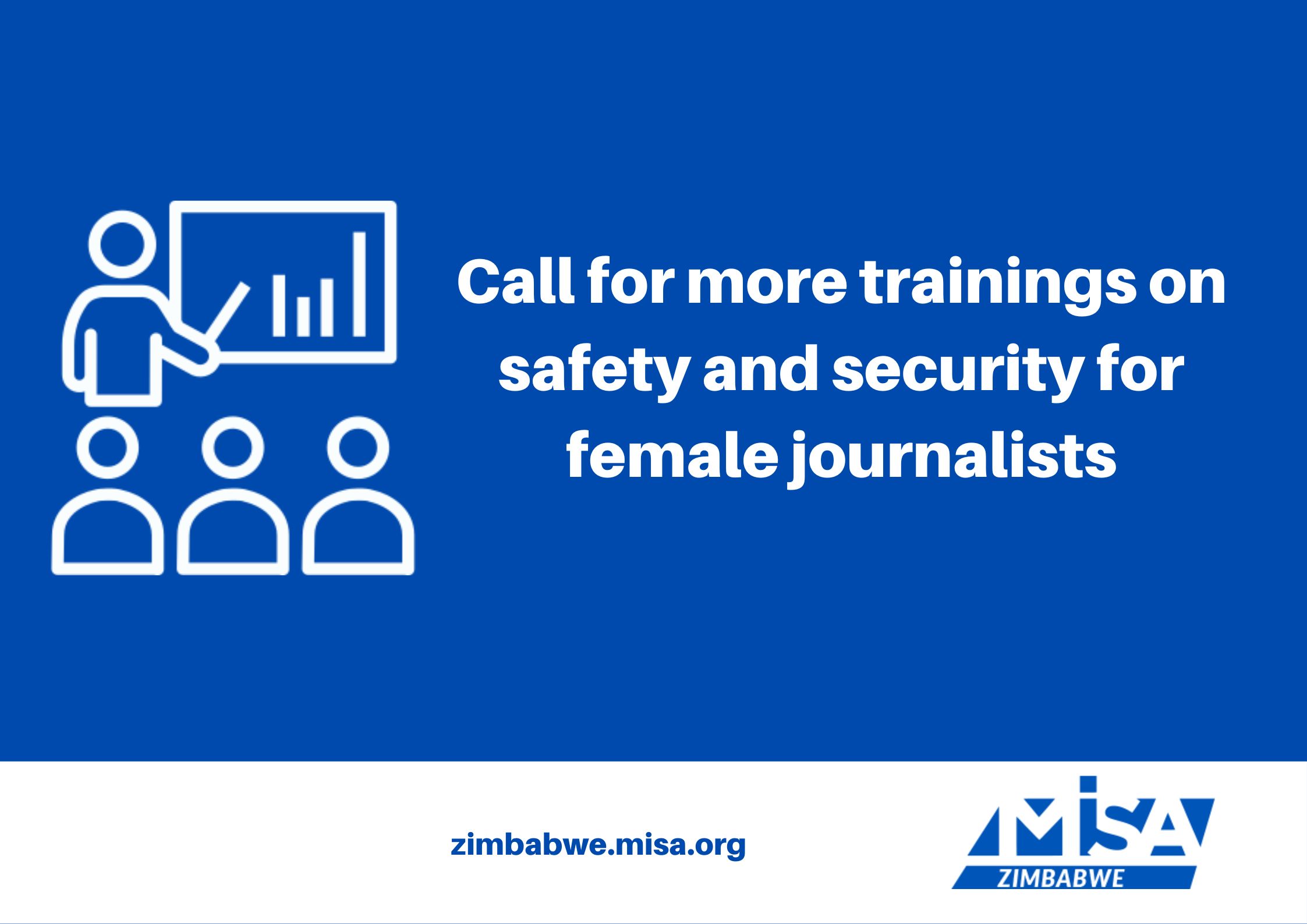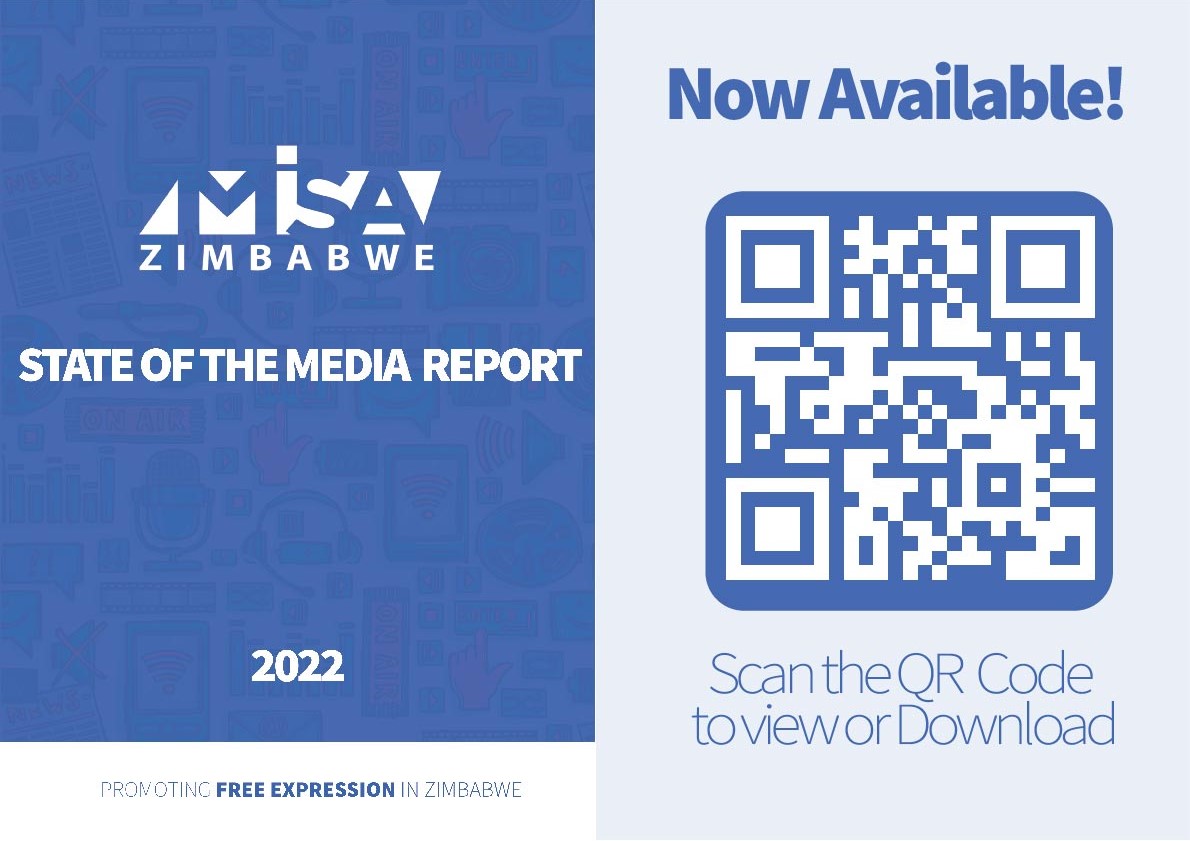By Chris Mhike
“Ignorance is bliss”, but only temporarily.
As the world commemorates the International Day for Universal Access to Information, it is worth re-stating the importance of knowledge, for everyone – not just the elite, not only at Universities and Colleges, and not exclusively for the high and mighty in our society.
That knowledge is essentially acquired through accessing relevant information, which access is now a fundamental right protected at law.
The Right of access to information is also known in other jurisdictions (that is legal systems), as “the right to know”, or “freedom of information”.
Regrettably, certain politicians and bureaucrats, especially in dictatorships and autocratic organisations, misguidedly take the “ignorance is bliss” idiom literally.
They, therefore, often to all they can, to keep the masses information-starved.
Resultantly, numerous governmental ministries, local government institutions, parastatals and important private entities in Zimbabwe, are simply not as open and transparent as would be expected of a modern State, State-controlled, or private entity, operating in a 21st-century democracy.
Even by the 18th century standards, which were prevalent when the subject idiom was coined, ignorance was nothing to be celebrated.
When poet Thomas Gray wrote in the 1742 ‘Ode on a Distant Prospect of Eton College’ that: “Where ignorance is bliss, ’tis folly to be wise,” he did not mean to glorify ignorance.
As a professor at Pembroke College in Cambridge, Gray was not opposing knowledge but only waxing philosophical about childhood, a time when one can get away with being ignorant.
Yes, children do know less than grown-ups.
They, therefore, may, generally, get to enjoy their youthful days minus the “weight of the world” on their shoulders.
Outside that specific context, ignorance is dangerous.
Under Zimbabwean law, ignorance will not save you.
It will sink you.
“Ignorantia juris neminem excusat,” that is to say, in a court of law, ignorance of the law is not an excuse or defence.
It was in recognition of the profoundness of knowledge, not just of the law, but of all other important matters that in 2013 Zimbabweans included in Section 62 of the current Constitution, a right of access to information.
This provision is in sync with various international instruments such as Articles 19 of the Universal Declaration of Human Rights (UDHR), and of the International Covenant on Civil and Political Rights (ICCPR); and Principles 26-36 of the new Declaration on Principles of Freedom of Expression and Access to Information in Africa (April 2020).
Notwithstanding the constitutional recognition of the right to know, numerous challenges persist.
Zimbabwe’s recently enacted Freedom of Information Act, which repealed the hugely controversial Access to Information and Protection of Privacy Act (AIPPA), is still greatly defective in many ways, for instance in restricting access to information at the narrow level of media regulation, as opposed to notching it higher at broader human rights protection mechanisms.
AIPPA is supposed to be replaced by the Freedom of Information Act as well as other new statutes, including cyberlaw legislation.
Lamentably, the Cybersecurity and Data Protection Bill, which is currently being debated at Parliament, is also extremely flawed particularly in its emphasis on restrictive regulation, at the expense of online freedom of expression, privacy, and other fundamental rights.
The Bill falls short of the standards set in regional and international legal instruments such as the African Declaration on Internet Rights and Freedoms, the UDHR and the ICCPR.
The theme for this year’s International Day for Universal Access to Information is spot-on: Access to Information – Saving Lives, Building Trust, Bringing Hope.
Knowledge gained through meaningful access to information could save lives.
Those in power constantly seek to keep the masses ignorant, oftentimes so as to cover up corruption and other ugly aspects of government.
Zimbabwe, Kenya and South Africa were recently identified by the press as nations that have been affected by corruption linked to COVID-19 related personal protective equipment (PPE).
The PPE rot festered so badly, largely due to the opaque nature of relevant transactions.
The World Health Organisation (WHO) recently laid bare the extent to which suppression of information, which led to those scandals, threatens life.
In August 2020, WHO Director-General Tedros Adhanom Ghebreyesus said:
“Corruption related to PPE … is actually murder because if health workers work without PPE, we’re risking their lives. And that also risks the lives of the people they serve.”
Timely access to information by journalists and organisational watchdogs regarding PPEs could have averted the Drax fiasco, and other COVID-19 related scandals, which led to unnecessary loss of life.
Access to information, therefore, does save life.
The government claims it is now stemming the life-threatening pilferage that abounded at health institutions prior to the exit of former Health Minister Obadiah Moyo.
Should information about anti-corruption measures that are now assumedly being implemented be readily available, trust in the government and other relevant entities could be enhanced.
Access to information does help build trust.
Just after receiving donated PPEs from the Development Bank of Southern Africa (DBSA) in July 2020 in Harare, President Emmerson Mnangagwa frankly admitted the fragility of the nation’s economy, the weakness of our health system, and existing general malaise.
He said “in Zimbabwe, we have a very fragile economy and a very fragile health system. Therefore, our capacity to fight the pandemic is inhibited by the fact that we have a fragile economy and a less developed health care service.”
Coupled with other current hardships in education, employment markets, spiritual welfare, and numerous other areas of life, the quality of life is at the lowest ebb for the majority.
Yet, it is not all gloom and doom.
The United Nations, international organisations such as the Jack Ma Foundation, and governments such as the United States and the United Kingdom, have all stepped up to the plate, to assist Zimbabwe.
For the struggling populace, knowledge about what government, civil society, and international partners are doing in fixing various domestic and global crises, could bring about the much-needed hope.
If genuine interventions are indeed underway, access to vital information would certainly bring about real hope.
On this Right to Know Day and beyond, those who wield power at national and local government levels, and at important corporates, would do well to recommit themselves to the enshrined principles of openness, transparency, good governance, and accountability.
That model of governance necessarily entails the free flow of information.
The legislature must, on its part, ensure that the outstanding media and information related statutes, promote more than they limit access to information, freedom of expression, and media freedom.
Amidst the myriad of challenges that Zimbabwe faces today, knowledge and freedom; not ignorance and repression shall play a crucial role in saving lives, re-establishing trust, and restoring hope for multitudes.
That knowledge and freedom come through effective and meaningful access to information and democratic governance.
Since Zimbabwe is defined under Section 1 of the Constitution as a democracy, ignorance cannot be bliss.
As long as ignorance is combated through knowledge gained from useful and accurate information, there surely will be hope for Zimbabwe.
Chris Mhike is a Harare-based Media Freedom Advocate and a member of the MISA-Zimbabwe Media Lawyers Network.




